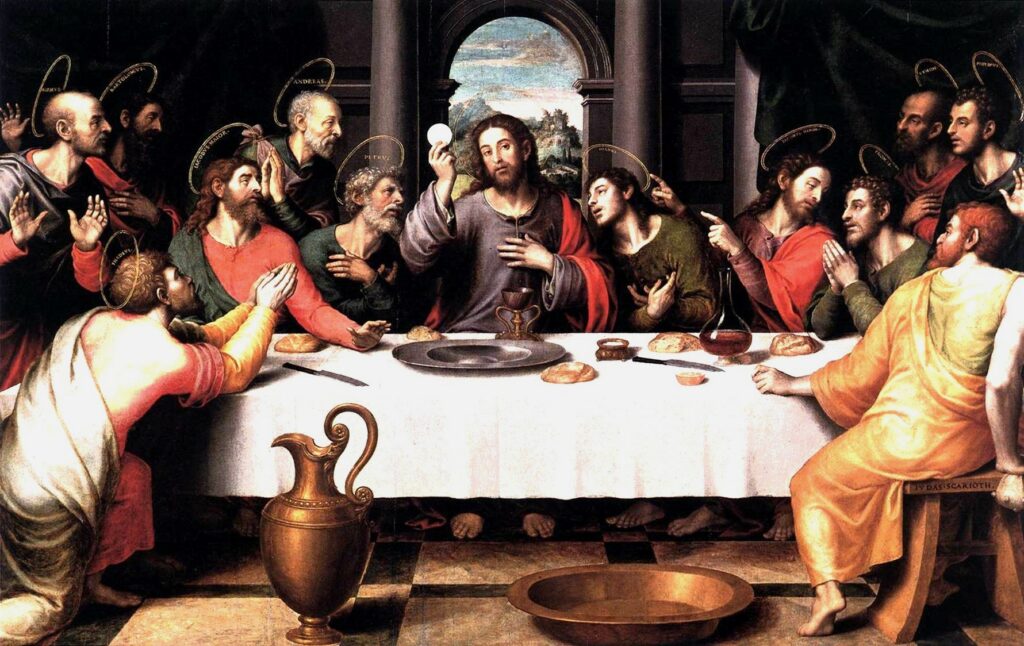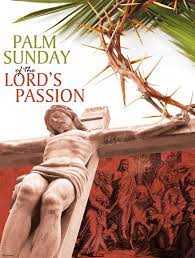Entering Holy Week with Jesus
Palm Sunday of the Lord’s Passion, also called Palm Sunday, represents the gate through which we enter Holy Week (also called Great Week). This is a time in which we contemplate the last moments of the life of Jesus. We recall Jesus’ entrance into Jerusalem, welcomed by a festive crowd, and then we recall his Passion. The tradition of having a procession with palms on this Sunday reaches back to the year 400.
This liturgy is entirely characterized by the theme of Jesus’s Passion. This is true particularly regarding the Gospel texts (this year according to St. Mark) which present the Passion narrative. The first reading from the Book of the Prophet Isaiah (described as the Song of the Suffering Servant, Isaiah 50) is followed by a prayer from Psalm 22 with the refrain “My God, my God, why have you abandoned me?” These are the same exact words that Jesus invoked in his agony on the cross. Jesus began quoting the first verse of this psalm because he probably was not able to finish the remaining parts of it due to His pain and exhaustion. The following verses of this psalm, however, express full trust in God. Yes, Jesus was not abandoned; He was in continuous union with His Father in heaven. The terror that Jesus bore in obeying the Father “to the point of death, even death on a cross” is attested to in the Second Reading from the Letter to the Philippians. However, Holy Week is not so much the celebration of “grief” and “lament”, as much as it is a week that expresses the “heart” of the Paschal Mystery when Jesus gave his life for our salvation. Jesus became man because he loves us, and because of love, he gave his life. It is through this obedience that Jesus loves the Father and loves the men and women He came to save.
On Palm Sunday, we are offered an interpretation of our life and destiny. All our sufferings and grief find a response in Jesus. In the face of every question regarding why there is suffering, why there is death, why there are so many choices that are incomprehensible to the human mind, Jesus does not give us vague responses. With his life, he has told us that He is with us, at our side — until the end. We will never be alone – neither in our joys nor in our sufferings. Jesus is with us. It is a celebration that is understood through silence and prayer rather than through words, so as to enter into it with the heart.
Monday, Tuesday, and Wednesday of Holy Week serve both as an opportunity for continued reflection upon the Passion narrative read on Palm Sunday and as a time to anticipate what is to come. The remaining days of the Holy Week: Holy Thursday, Good Friday, and Holy Saturday, are named Holy Triduum (Holy Three Days). These are days when the entire Church celebrates the culmination of the salvific action of our Lord: the establishing of the Eucharist (and priesthood), his Passion and death on the cross, His being in the grave, and his resurrection. I invite you to join us for the liturgies of these holy days, if you can, as they help us to celebrate with faith and joy his resurrection, the event that opened the gates of heaven to us.
Fr. Mark Jurzyk


